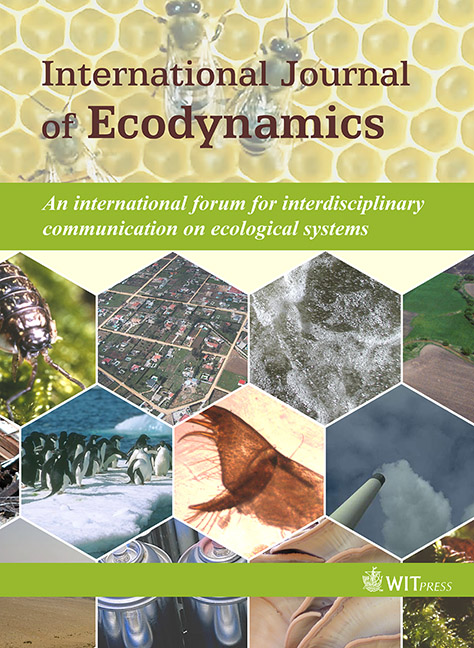Evolutionism and holism: Two different paradigms for the phenomenon of biological evolution
Price
Free (open access)
Volume
Volume 1 (2006), Issue 3
Pages
13
Page Range
284 - 297
Paper DOI
10.2495/ECO-V1-N3-284-297
Copyright
WIT Press
Author(s)
R. Fondi
Abstract
The evolutionistic paradigm — the assumption that biological evolution consists in a mere process of ‘descendance with modification from common ancestors’, canonically represented by means of the phylogenetic tree model — can be seen as strictly connected to the classical or deterministic vision of the world, which dominated the 18th and 19th centuries. Research findings in palaeontology, however, have never fully supported the above-mentioned model. Besides, during the 20th century, the conceptual transformations produced by restricted and general relativity, quantum mechanics, cosmology, information theory, research into consciousness, chaos—complexity theory, evolutionary thermodynamics and biosemiotics have radically changed the scientific picture of reality. It is therefore necessary to adopt a more suitable and up-to-date paradigm, according to which nature is not seen anymore as a mere assembly of independent things, subject to the Lamarckian-Darwinian dialectics of ‘chance and necessity’, but as: (1) an extremely complex system with all its parts dynamically coordinated; (2) the evolution of which does not obey the logic of a deterministic linear continuity but that of an indeterministic global discontinuity; and (3) in which the mind or psychic dimension, particularly evident in semiotic aspects of the biological world, is an essential and indissoluble part. On the basis of its characteristics, the new paradigm can be generically named holistic, organicistic or systemic.
Keywords
biological evolution, biostratigraphy, evolutionism, holism, palaeontology, systema naturae, taxa




